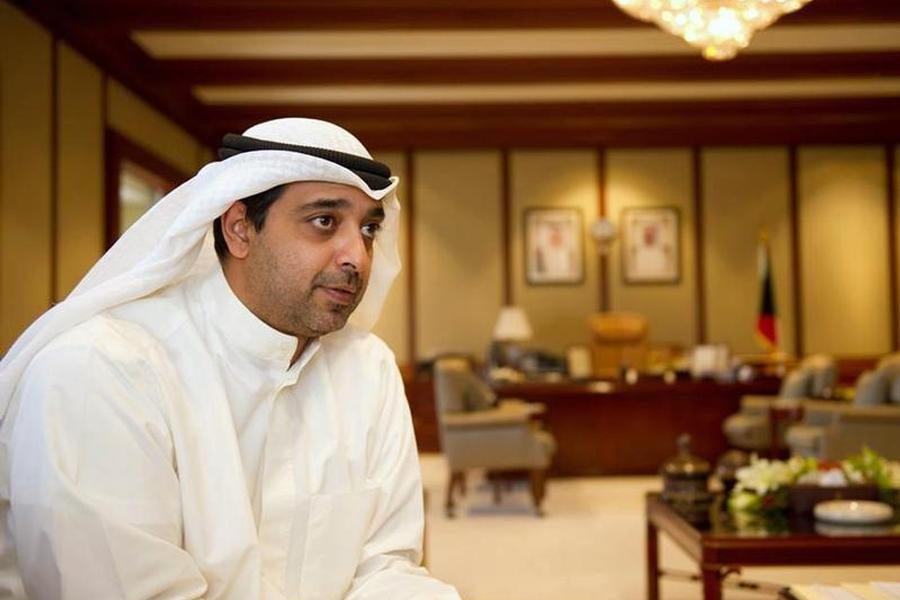Kuwait – The First Kuwaiti Film Festival was launched on March 26 under the patronage of the acting State Minister for Information and Chairman of the National Council for Culture, Arts and Letters Sheikh Mohammad Al-Abdullah Al-Sabah
The Kuwaiti cinema was chosen to lead this edition for many reasons, on top of them is the revival of the Kuwaiti film industry, especially that its increasing national artworks need to be adopted. Also this could motivate the youth and professionals in the country to contribute to the development of the Kuwaiti cinema.
Cinema Aspects
There were 33 short movies and two long ones in the three contests displayed by a panel composed of five judges led by the renowned actor Mohammad al-Mansour, director Khaled Al-Nasrallah, and writer Nasser Karmani.
Initially, the panel was supposed to include non-Kuwaiti members, however, and as the first edition of the festival was dedicated to the Kuwaiti cinema, organizers preferred to benefit from the local expertise. The event unlocked wide angles for the beginners in this field by holding a number of workshops that enrich their experience.
There were many lectures that tackled various subjects including the international funding and co-production, lightning in movies, film criticism, and the support of independent movies.
Awarding Exceptional Talents
These lectures and workshops boosted this new entity amid the absence of a festival that supports the Gulf cinema, after the suspension of the Gulf Film Festival, which used to be held in Dubai.
The movies screened in this first edition featured creative ideas and emphasized serious will of advancement and innovation; however, they all have suffered from the domination of technical choices over artistic ones.
Some of those movies were feature films, but they lacked a main story, where instead, they focused on ideas, cases, and suggestions.
Of note, many movies tackled the Iraqi invasion of Kuwait which was considered a normal choice given that the Kuwaiti people have had their own culture and independence way before the invasion. However, from the numerous works displayed, the jury chose nine movies from three different categories: contest for best short documentary, contest for best long documentary, and a contest for best short feature film.
In the first category, the panel of judges awarded three Kuwaiti movies, which all tackled activities and subjects outside the country; the first award went to “‘Jihad in Hollywood” which featured the difficulties Jihad Abdu faced while trying to move forward in the city of dreams; the second went to “From Kuwait” talking about many Kuwaiti artists who exhibited their artworks in London; and the third award went to “From city to city” telling the story of a Moroccan band playing historic music.
Kuwaiti short film “Aryata” directed by Ahmed al-Turkait took home the first prize, and “Lamia Khunda” directed by Khaled al-Ruwayees won the second prize, whereas “Shai Haleeb” directed by Meshal al-Haleel came third.
As for the long documentary category, “The Art Indoor” directed by Habib Hussein won the grand jury prize.
